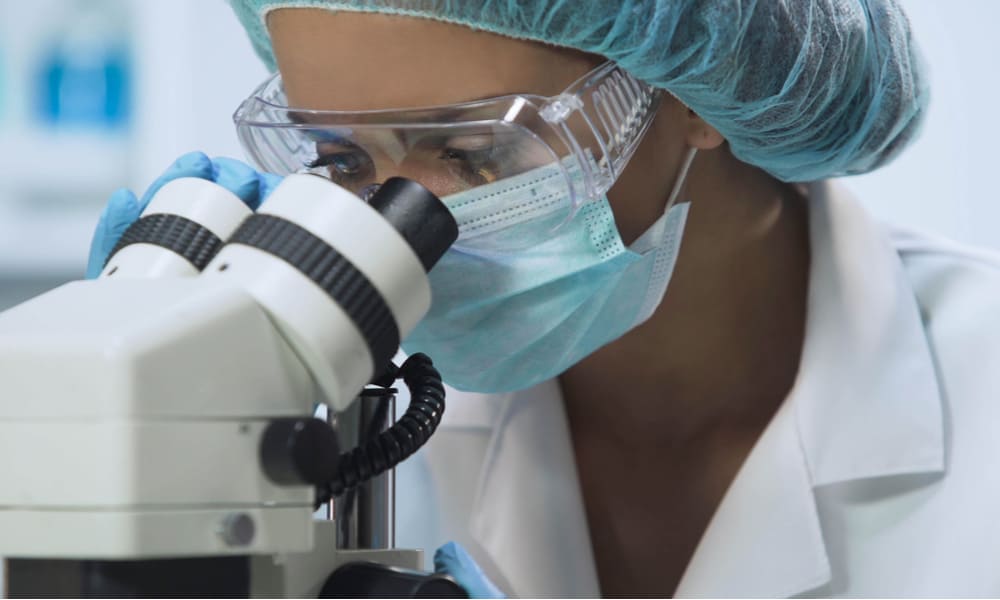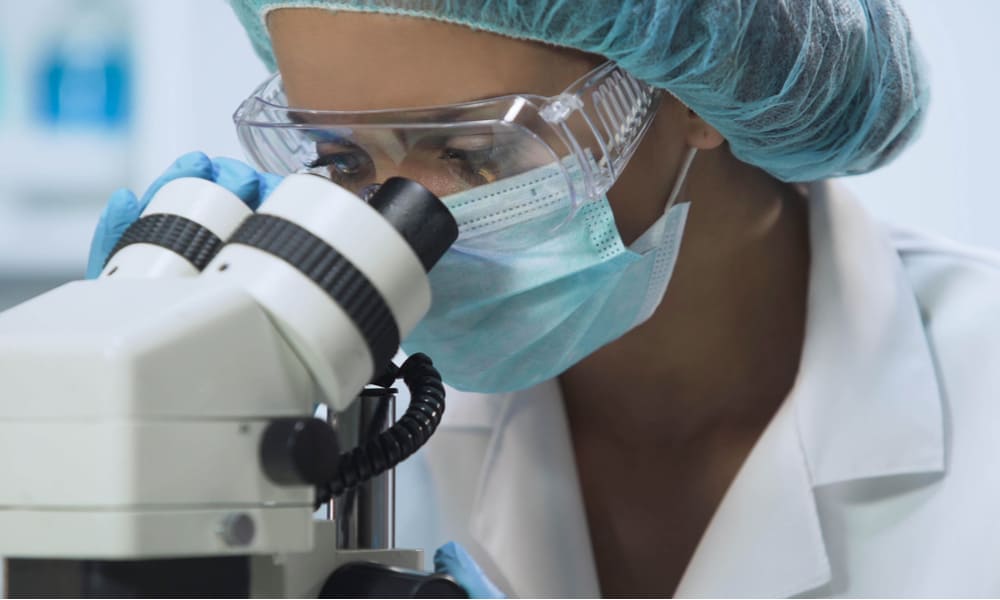
Exciting findings have been released regarding the medical effectiveness of CBD this year, including some on its potential in reducing opioid cravings and treating epilepsy. Add this to the pile: an Australian study has found that CBD may have use as an antibiotic, as demonstrated by its effects on mice with skin infections.
The University of Queensland’s Institute for Molecular Bioscience’s Centre for Superbug Solutions conducted the investigation, which found that CBD was able to act against Gram-positive bacteria strains including staph and strep. In a promising development, the CBD in the study also had some effectiveness against bacteria strains that have developed resistance to other kinds of antibiotics.
But hold off on serious celebrations until doctors know what, exactly, the stuff is doing. “It needs a lot more work to show [that CBD] would be useful to treat infections in humans,” said senior research chemist and head of the investigation Mark Blaskovich.
“We still don’t know how it works, and it may have a unique mechanism of action given it works against bacteria that have become resistant to other antibiotics, but we still don’t know how,” he continued. Blaskovich added that for the drug to really be considered as a highly useful antibiotic, further research would need to show its ability to treat systematic or complicated tissue infections.
In May, two studies were released that showed other potential medical uses of CBD. The UC Davis Department of Chemistry identified positive effects when herbal and synthetic CBD were administered to lab rats suffering from seizures. The compounds were able to alleviate the frequency and severity of symptoms in the study’s case.
The American Journal of Psychiatry published a study that showed prescription CBD medication Epidiolex was effective in reducing cravings and withdrawal symptoms in people trying to kick opioid habits. Across the country, different state governments have included opioid addiction as a qualifying condition for their medical marijuana programs. Last year, the Illinois state Senate made such a legislative move. “We, the dispensaries, see, first hand, what a difference it can make for patients,” said the director of communications for the Medical Cannabis Alliance of Illinois, Rebecca Mason.
Medical findings on the effectiveness of CBD are particularly welcome as governments continue to refine the drug’s role in the legal system. Earlier this month, the FDA held its first public hearing on CBD regulation, part of an attempt to clarify the governmental agency’s stance on the drug. The FDA approved Epidiolex for the alleviation of severe epilepsy in 2018.
The results of the Australian CBD antibiotic study were presented at the American Society for Microbiology’s annual conference, during which Blaskovich was asked what people should do if they are ready to sub CBD out for their antibiotic prescription. He counseled patience.
“Don’t!” the doctor replied. “Most of what we have shown has been done in test tubes—it needs a lot more work to show it would be useful to treat infections in humans … It would be very dangerous to try to treat a serious infection with cannabidiol instead of one of the tried and tested antibiotics.”











